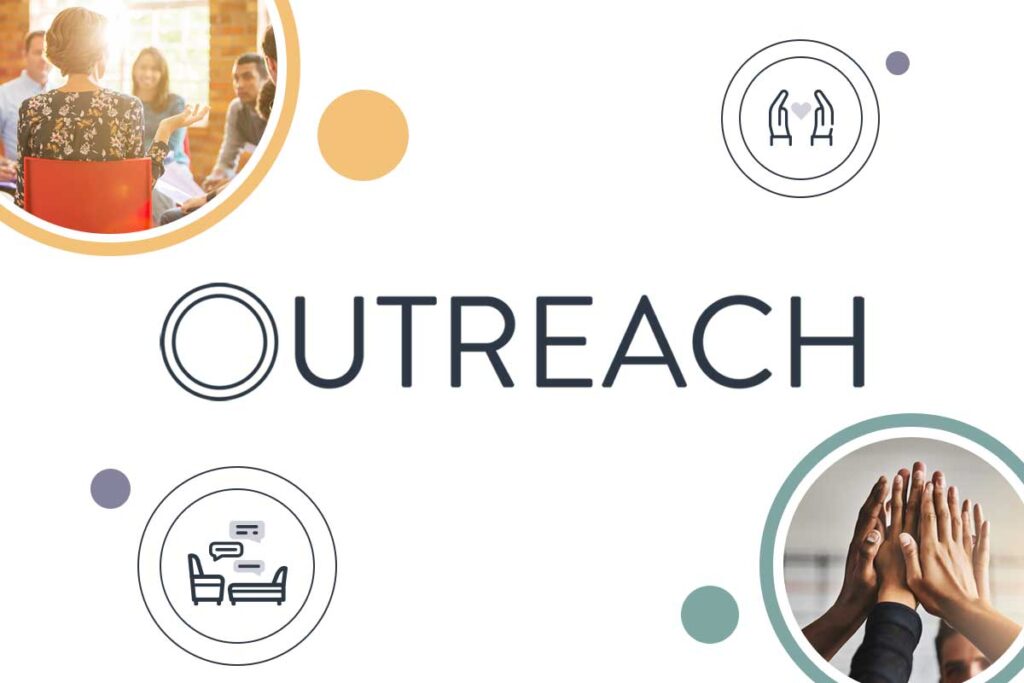Since drug addiction treatment programs require agility and regular contact for success, telemedicine can augment traditional care to enhance service delivery and boost positive results. Telemedicine can provide the most vital support for patients that need it the most when using Subxone, Vivitrol, Sublocade Zubsolv for treatment.
While some may see it as a break from traditional medicine, it actually hearkens back in some ways to the time when doctors made house calls, checking on their patients in the place where they felt the most at ease.
Telemedicine cannot completely replace traditional practices in drug recovery or in other areas of health care. Only face to face drug addiction treatment using Subxone, Vivitrol, Sublocade Zubsolv in the long term can serve as a foundation from which successful telemedicine can work.
What Is Telemedicine?
Telemedicine allows Suboxone Doctors to have check ups and do some diagnoses over online communication platforms, such as Skype. If the patient has a computer with a webcam and sufficient speed and reliability of internet service, his or her Suboxone Doctor can perform a wide range of services such as using Subxone, Vivitrol, Sublocade Zubsolv medications.
The VA Hospital system has pioneered telehealth and telemedicine techniques in their aspiration to fully connect patients, especially those who need long term care or who could benefit from monitoring. Telemedicine enables many with serious conditions to live independently because of their consistent connection with health care providers.
As technology advances, the ability of telemedicine to help drug addiction patients should broaden considerably.
Telemedicine both replaces and supplements different parts of traditional drug recovery services. It cannot, however, serve as the only way that a patient contacts his or her Suboxone Doctor.
Some traditional practices remain vital. For major problems, a medical professional needs to see the patient face to face for hands on diagnosis techniques. Personal visits also help the professional better pick up body language that indicates broader issues that the patient might not want to reveal.
What Telemedicine Can Do for Patients in Drug Addiction Recovery
Patients in drug addiction recovery programs should particularly benefit from telemedicine. Many drug addicts have limited access to vehicles or live in remote areas. Also, many people engage in drug addiction recovery services at facilities far from home and potential surrounding bad influences. Telemedicine ensures that distance and inadequate means for travel do not prevent patients from receiving the special care and support needed for drug addiction recovery success.
Also rural areas have a difficult time attracting qualified medical professionals, especially in drug recovery services. Telemedicine, in some cases, may serve as the only way for an economically disadvantaged person to speak directly with a medical doctor.
Telemedicine can take a variety of forms. Most think of it as a chance to speak with a doctor face to face, and this does serve as one primary function. It, however, offers the potential for a wide variety of services. These could include:
- Data collection
- Moderated or unmoderated online patient forums
- Assistance with answering non urgent recovery based questions about treatment through email or messaging services
- Online instructional webinars related to providing information about treatment
When performed properly, telemedicine takes a handoff from traditional. When a patient has reached a certain level of progress, he or she can leave a facility and live in a half way house or on their own. At this point, telemedicine becomes crucial and gives a regular means of patient support.
How It Can Help and Challenges Faced
The latest wave of drug epidemics struck some of the country’s remote communities the hardest. Some of the very same community dynamics that contributed to widespread addiction can also keep residents from successful treatment conclusions.
Those trying to free themselves from addiction need strong and regular support from health care providers, but often find even normal daily tasks overwhelming. Making it easy for them to communicate and receive care boosts the possibility of a successful outcome tremendously.
Constant communication can also help when the patient is in crisis and needs immediate support. Even those living alone and in remote areas can still feel connected to caring support services from their drug recovery professionals.
Telemedicine has already broken the boundaries of modern traditional practice, looking backwards at home based care and forwards at the potential for digitally delivered services. By removing burdens from the patient, it ensures that he or she will be more likely to access care at the level and consistency required for full drug recovery.
On the other hand, telemedicine can never serve as a complete replacement for caring face to face treatment programs to shepherd the patient through the initial, difficult, and painful stages of addiction recovery.
Contact Outreach recovery today at 888.897.9284 to learn more about our traditional and telemedicine techniques.

